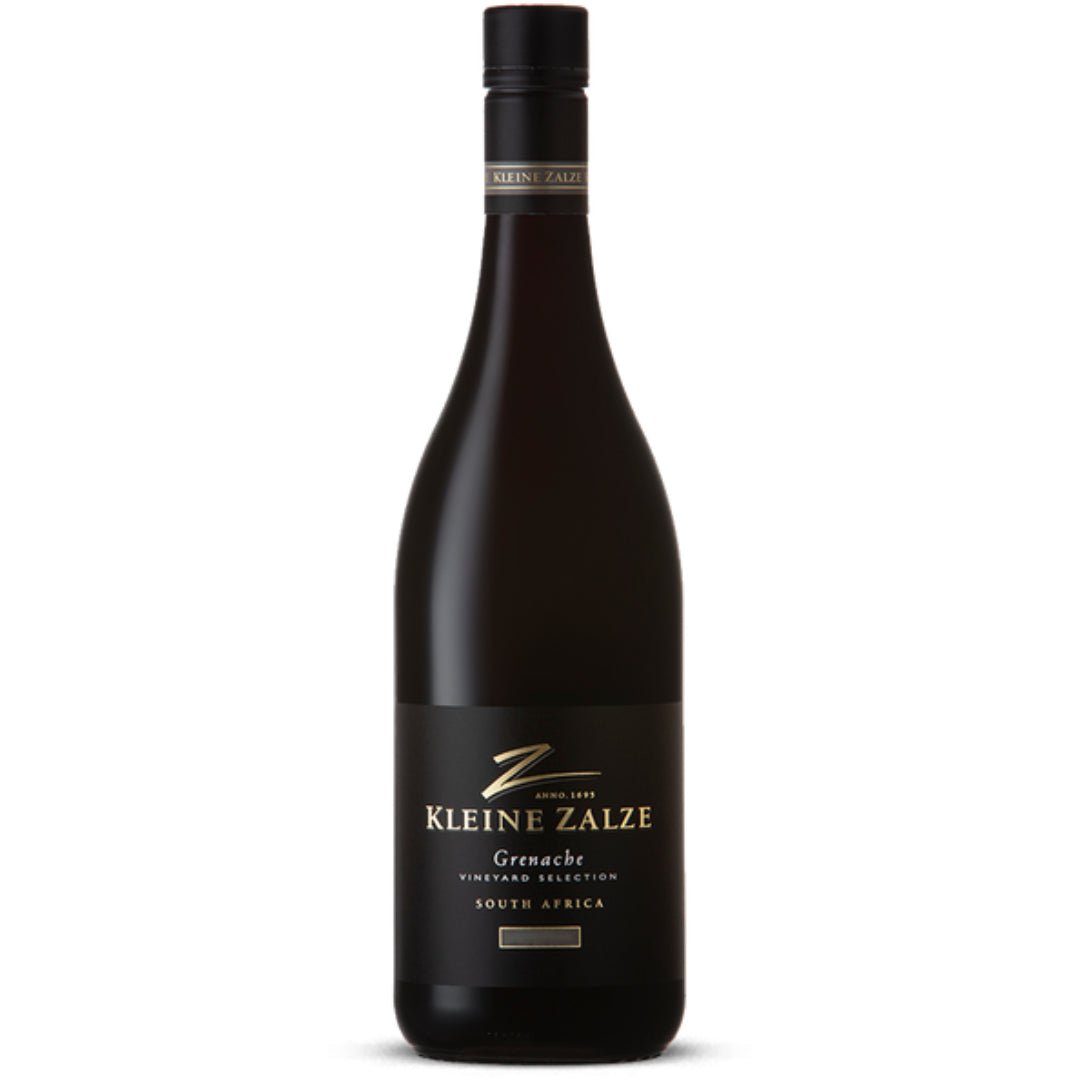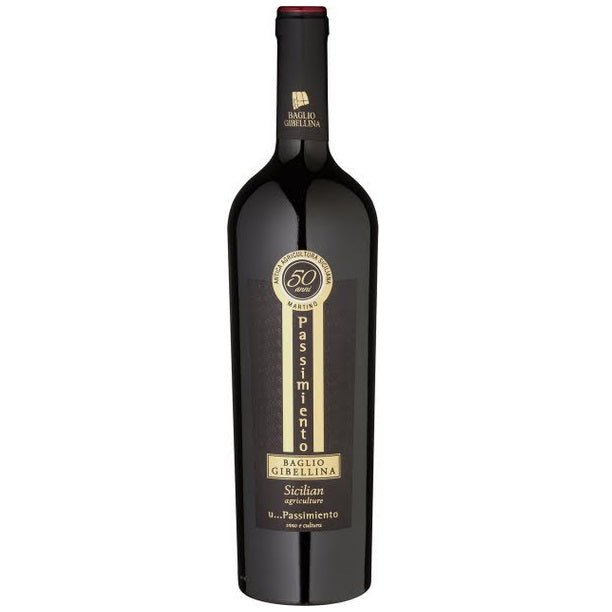Kleine Zalze is a family owned winery in the heart of the Cape Winelands, near Stellenbosch. Winemaking has taken place on the estate since 1695.
Kleine Zalze is a family owned winery situated in the heart of the Cape Winelands. Winemaking has taken place there on a small scale since 1695 but it was in 1996, when Kobus Basson and his family purchased the property, that the modern Kleine Zalze was born. In 1996 the estate’s soils were scientifically mapped, evaluated and replanted according to their specific terroir characteristics and potential. Continuous investment over more than 20 years has seen the winery evolve into one of the most awarded in Stellenbosch.
The team aims for minimal intervention in the winery and a focus on creating wines with absolute varietal flavour and typicity. The winemaking philosophy is underpinned by a three-pronged strategy of nurturing and developing all the components involved in the process: the vineyards, the winery and the people. The vineyards are where all great wines are made and no stone is left unturned to produce the best quality grapes.
The winery is responsible throughout the winemaking process for safeguarding the highest quality levels to produce great wines. The people involved are what make it all possible. To this end a key focus for the directors and management is motivating and training the team to empower them to do their best.
Vineyards are located on a variety of slopes and aspects and benefit from a broad range of soils, from light and sandy to decomposed granite. The regional climate is Mediterranean with hot dry summers and cool wet winters. The vineyards that carry the fruit for the Kleine Zalze range of wines are exposed to fresh ocean breezes from the coast, which lies just 9 miles away. These breezes have a moderating effect on the hot summers. The resulting slightly cooler climate yields delicate flavours whilst at the same time provides optimal growing and ripening conditions for the fruit.
Farm manager Henning Retief and viticulturist Schalk du Toit provide the foundation for the prize-winning wine portfolio, ensuring grapes of exceptional quality by employing viticultural techniques that focus on sustainability. Their success lies in giving special attention to management of the microclimate around grape bunches. Their decisions, such as vine row planting direction, trellising and the height above the ground of vines, as well as the shape and density of leaf canopies all impact on the quality of fruit delivered to the cellars. Close attention is paid to cultivating grapes of exceptional quality and each vineyard is assessed and managed individually during the growth period. Extensive yield reduction is also done to produce the best quality, fruit driven wines with outstanding character and maturation potential.
Low yields are also a key feature of Bush Vines Chenin Blanc vineyards where many wineries are replanting these historic vineyards with more productive vines, at Kleine Zalze the high quality of these low yielding old vines is recognised and actively championed.
Fruit is sourced from the 120 hectares planted on the Kleine Zalze estate and the remainder comes from long term contracts, giving control from vine to bottle. Each vineyard block is vinified independently to give the winemaking team the building blocks to create wines with a sense of place.
From the outset the environment has been an important consideration for Kleine Zalze and the estate’s evolution has constantly taken this into consideration.
When the estate was developed Kleine Zalze turned previously fallow soils into productive agricultural land. Intensive soil preparation preceded the planting of new vineyards, which today yield high quality grapes for Kleine Zalze’s wines.
Kleine Zalze complies with the internationally recognised Integrated Production of Wine (IPW) scheme. The scheme certifies that their grapes and wine are produced according to environmentally sustainable production methods. Compliance with the IPW guidelines assures the buyer and consumer that the production process is environmentally sustainable and that the minimum food safety requirements have been met.
Many of Kleine Zalze’s vineyards are now Fairtrade certified and the company also actively supports local charities and organisations that are involved in community empowerment.




















